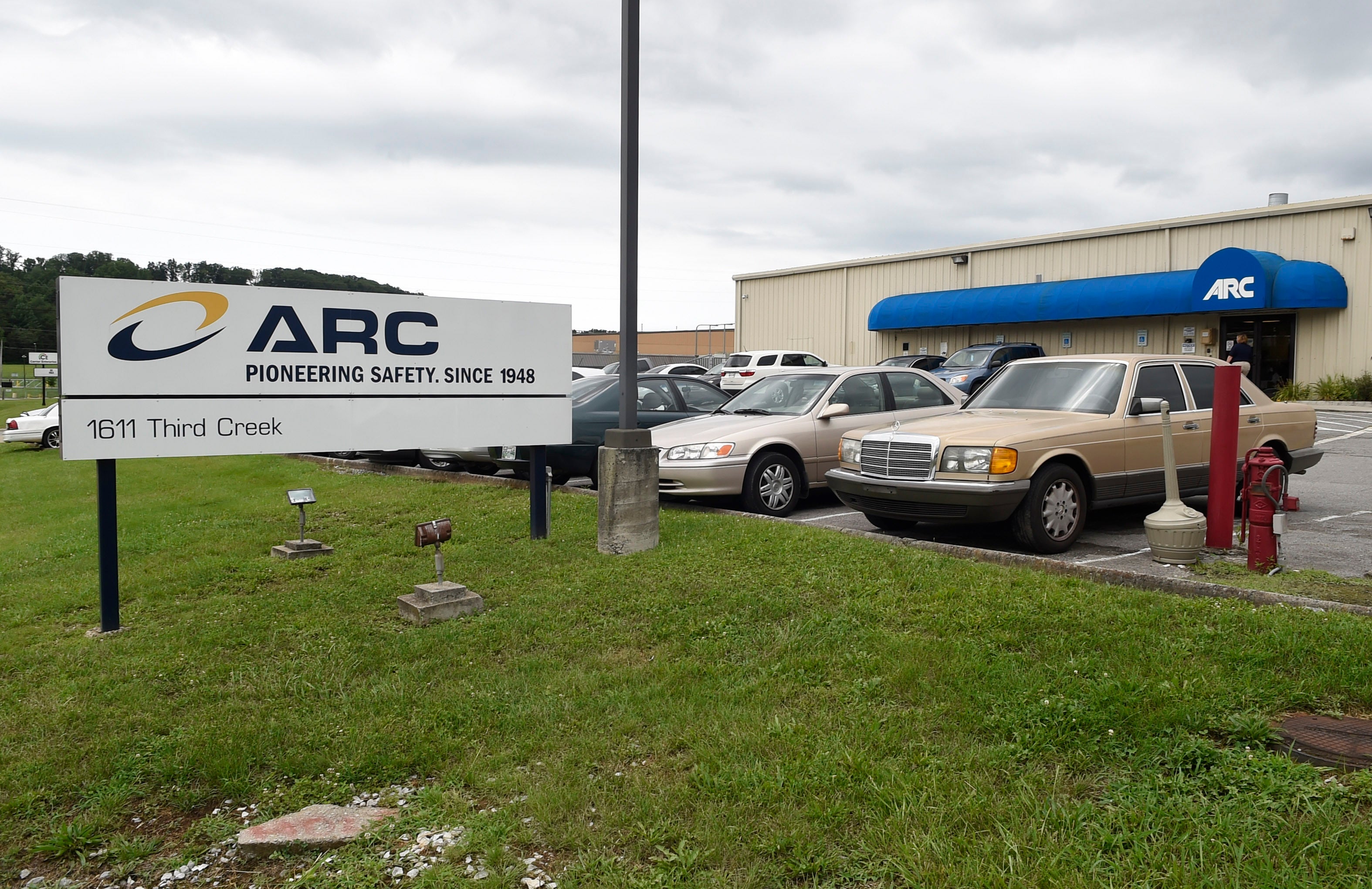Tennessee company refuses US request to recall 67 million potentially dangerous air bag inflators
A Tennessee company could be heading for a legal battle with U.S. auto safety regulators after refusing a request to recall millions of potentially dangerous air bag inflators

A Tennessee company could be heading for a legal battle with U.S. auto safety regulators after refusing a request that millions of potentially dangerous air bag inflators be recalled.
The National Highway Traffic Safety Administration is demanding that ARC Automotive Inc. of Knoxville recall 67 million inflators in the U.S. because they could explode and hurl shrapnel. At least two people have been killed in the U.S. and Canada, and seven others have been hurt as a result of defective ARC inflators, the agency said.
The recall would cover a large portion of the 284 million vehicles now on U.S. roads, but the percentage is difficult to determine. Some have ARC inflators for both the driver and front passenger.
In a letter posted Friday, the agency told ARC that it has tentatively concluded after an eight-year investigation that ARC front driver and passenger inflators have a safety defect.
“Air bag inflators that project metal fragments into vehicle occupants, rather than properly inflating the attached air bag, create an unreasonable risk of death and injury,” Stephen Ridella, director of NHTSA's Office of Defects Investigation, wrote in a letter to ARC.
But ARC responded that it no defect exists in the inflators, and that any problems are related to isolated manufacturing issues.
The next step in the process is for NHTSA to schedule a public hearing. It could then take the company to court to force a recall.
"We disagree with NHTSA’s new sweeping request when extensive field testing has found no inherent defect,” ARC said in a statement Friday night.
Also Friday, NHTSA posted documents showing that General Motors is recalling nearly 1 million vehicles equipped with ARC inflators. The recall covers certain 2014-2017 Buick Enclave, Chevrolet Traverse, and GMC Acadia SUVs.
The automaker says an inflator explosion “may result in sharp metal fragments striking the driver or other occupants, resulting in serious injury or death.”
Owners will be notified by letter starting June 25, but no fix is available yet. They’ll get another letter when one is ready.
GM says it will offer “courtesy transportation” on a case-by-case basis to owners who fear driving vehicles that are part of the recall.
The company said that it's doing the recall, which expands previous actions, “out of an abundance of caution and with the safety of our customers as our highest priority.”
One of the two deaths was a mother of 10 who was killed in what appeared to be an otherwise minor crash in Michigan’s Upper Peninsula in the summer of 2021. Police reports show that a metal inflator fragment hit her neck in a crash involving a 2015 Chevrolet Traverse SUV.
At least a dozen automakers have the allegedly faulty inflators in use, including Volkswagen, Ford, BMW and GM, NHTSA said.
The agency contends that welding debris from the manufacturing process can block an “exit orifice” for gas that is released to fill the air bag in a crash. Any blockage can cause pressure to build in the inflator, blowing it apart and hurling metal fragments, Ridella's letter says.
But in a response to Ridella dated May 11, ARC Vice President of Product Integrity Steve Gold wrote that NHTSA's position is not based on any objective technical or engineering conclusion about a defect, "but rather conclusory statements regarding hypothesized blockage of the inflator orifice from ‘weld slag.’"
He wrote that welding debris has not been confirmed as the cause in any of the seven inflator ruptures in the U.S. ARC contends that only five have ruptured while in use, and that “does not support a finding that a systemic and prevalent defect exists in this population.”
Gold also writes that manufacturers must do recalls, not equipment manufacturers like ARC. NHTSA's recall demand, he wrote, exceeds the agency's legal authority.
In a federal lawsuit filed last year, plaintiffs alleged that ARC’s inflators use ammonium nitrate as a secondary propellant to inflate the air bags. The propellant is pressed into tablets that can expand and develop microscopic holes if exposed to moisture. Degraded tablets have a larger surface area, causing them to burn too fast and ignite too big of an explosion, according to the lawsuit.
The explosion can blow apart a metal canister housing the chemical, sending metal shards into the cabin. Ammonium nitrate, used in fertilizer and as a cheap explosive, is so dangerous that it can burn too fast even without moisture present, the lawsuit says.
The plaintiffs allege that ARC inflators have blown apart seven times on U.S. roads and two other times in testing by ARC. There have so far been five limited recalls of the inflators that totaled about 5,000 vehicles, including three recalls by GM.
___
This story has updated to clarify that the portion of U.S. vehicles on the road would be less than the one quarter because some vehicles have ARC driver and passenger inflators.
Bookmark popover
Removed from bookmarks